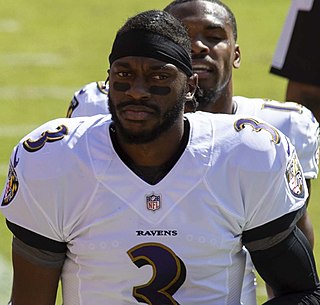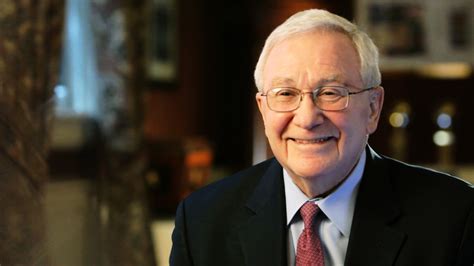A Quote by Terence McKenna
What they [psychedelics] cause is what I'm advocating, a fundamental revaluation of cultural values, because culture as we're practicing it currently is causing a lot of pain to a lot of people, and animals, and ecosystems, none of whom were ever allowed to vote on whether they wanted this process to go in this direction.
Related Quotes
I wrestled a lot with self-doubt. I've always had such a strong desire for what I wanted for my career, and as I go through it, I'm watching it change and morph into something a little bit different. So there was a lot of confusion as to whether I really wanted to do it, whether I wanted to go for it, because I put so much energy and effort into it, and it's hard.
This is what they have suppressed so long. This is why they are so afraid of the psychedelics, because they understand that once you touch the inner core of your own and someone else's being you can't be led into thing-fetishes and consumerism. The message of psychedelics is that culture can be re-engineered as a set of emotional values rather than products. This is terrifying news.
Stress does not cause pain, but it can exacerbate it and make it worse. Much of chronic pain is 'remembered' pain. It's the constant firing of brain cells leading to a memory of pain that lasts, even though the bodily symptoms causing the pain are no longer there. The pain is residing because of the neurological connections in the brain itself.
Climate change that is occurring right now is causing so much suffering all around the world. Whether it's adding 30 million people to the "at risk of starvation" list in 2008, whether it's the floods in Pakistan, or entire cultures at risk of disappearing, or desertification in Africa - all these things that are currently being caused by climate change. I think it's something that a lot of people want to figure out: how to make the shift, how to help. It seems like such an overwhelming problem.
I think the real test of psychedelics is what you do with them when you're not on them, what kind of culture you build, what kind of art, what kind of technologies... What's lacking in the Western mind is the sense of connectivity and relatedness to the rest of life, the atmosphere, the ecosystem, the past, our children's future. If we were feeling those things we would not be practicing culture as we are.
There is this really intimate connection that people have with the animals they're going to eat. A lot of people who eat meat say "I would never kill my own animals." Well, that means someone else is doing it for you, ultimately. This is the modern attitude that we have: Somebody else will do that for me. And to me, it just seemed wrong. I wanted to be part of the process of what it meant to eat meat. I wanted to be responsible.
I think what it was about was the people's right to vote and have those votes counted. And if you think back through our history, an awful lot of what we've fought over, struggled for, is the right of people to vote. That's what the civil-rights movement was, at its bottom, about. At the fundamental level, democracy means a government in which the people vote.
Have you ever experienced a pain so sharp in your heart that it's all you can do to take a breath? It's a pain you wouldn't wish on your worst enemy; you wouldn't want to pass it on to anyone else for fear he or she might not be able to bear it. It's the pain of being betrayed by a person with whom you've fallen in love. It's not as serious as death, but it feels a whole lot like it, and as I've come to learn, pain is pain any way you slice it.
Lack of understanding of the true nature of happiness, it seems to me, is the principal reason why people inflict sufferings on others. They think either that the other's pain may somehow be a cause of happiness for themselves or that their own happiness is more important, regardless of what pain it may cause. But this is shortsighted. No one truly benefits from causing harm to another sentient being. . . . . In the long run causing others misery and infringing their rights to peace and happiness result in anxiety, fear, and suspicion within oneself.
There's a lot of great stories and a lot of great values in the Holy Bible, and I actually relate to a lot of them. The character, the idea, or the part of my personality that I describe as Antichrist Superstar, is a lot like Lucifer in the Bible. Someone who was kicked out of heaven because he wanted to be God



































